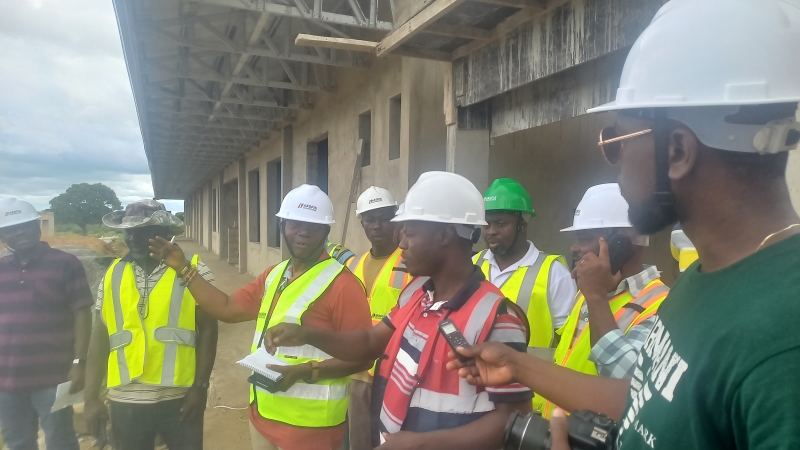By Anthony Adongo Apubeo
Bolgatanga, Aug 23, GNA – The Public Interest and Accountability Committee (PIAC) has advocated a long-term development plan approved by Parliament to guide the use of Ghana’s petroleum revenue.
Nana Kweku Dei, a Member of the Committee, stated that such a plan should remove commingling of projects and pave way for petroleum revenue to be used to execute legacy projects that ensures value for money and sustainable development.
Speaking to stakeholders at a forum in Bolgatanga as part of the public awareness on the management and use of petroleum revenue, Nana Dei expressed concern over the current use of the petroleum funds, spreading thinly across several projects with minor impact.
“We need to ensure that petroleum revenue is used properly so that generations unborn will come and say even though they did not discover oil during their time they have come to meet some important projects that they can benefit from.
“Sustainable development only means that development for today and future generations, but it appears that oil revenue, if we don’t take care, it will be a curse rather than a blessing,” he stressed.

Nana Dei who is representing the Ghana Journalists Association on PIAC, explained that the Petroleum Revenue Management Act outlined the 12 priority areas that the government could select as part of the Annual Budget Funding Amount, and the long-term development plan approved by Parliament would make it binding to all governments and ensure value for money.
“There are some projects that government is still using oil revenue to pay which were completed five years ago but this should not be so, so sometimes we realise that the prudent and efficient use of petroleum is not forthcoming from government, we are not having value for money,” he said.
Nana Dei further encouraged the various members of parliament to be interested in the projects being implemented in their constituencies funded with petroleum revenues to ensure stricter supervision.
Mr Mark O. A. Agyemang, the Technical Manager, PIAC, noted that although Ghana had produced oil for over a decade, raking in almost US$10 billion, it was difficult to pinpoint concrete projects fully funded by oil revenue and the situation was worrying.
Over the last three years, he said, industrialisation was selected as part of the four priority areas and had the potential to boost the economy, it received only GH₵5.8 million out of the GH₵5.12 billion spent on priority areas with chunk of the money going into other areas such as education and health, agriculture and roads and highways infrastructure.
He said for four years running, the country’s petroleum production had been declining and underscored the urgent need to put the revenue gotten from the oil into effective use and strategise to attract investors to explore new fields.
PIAC is a statutory body established under Act 51 of the Petroleum Revenue Management Act of 2011 to provide additional oversight on the management and use of Ghana’s petroleum revenues.
The engagement which sought to educate the public on management and use of the petroleum revenues brought together Chiefs, Queen mothers, religious leaders, state and non-actors, youth, and women, among others.
GNA